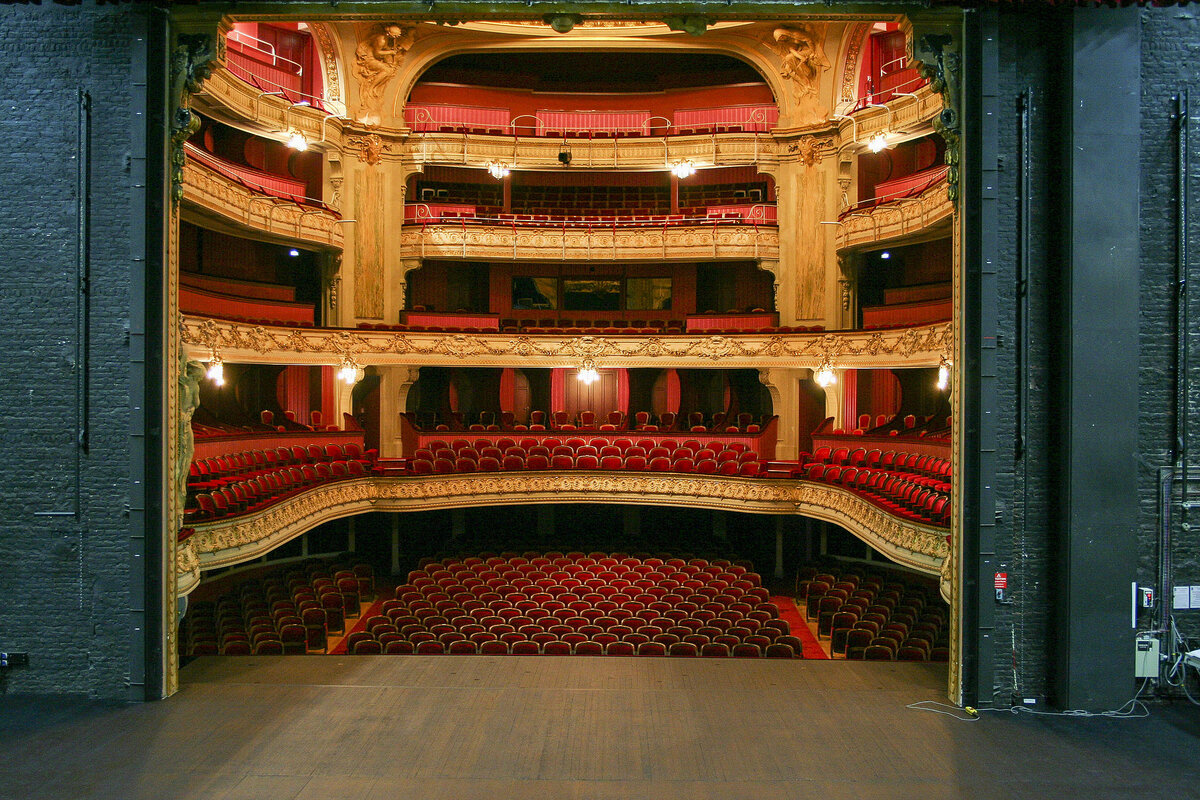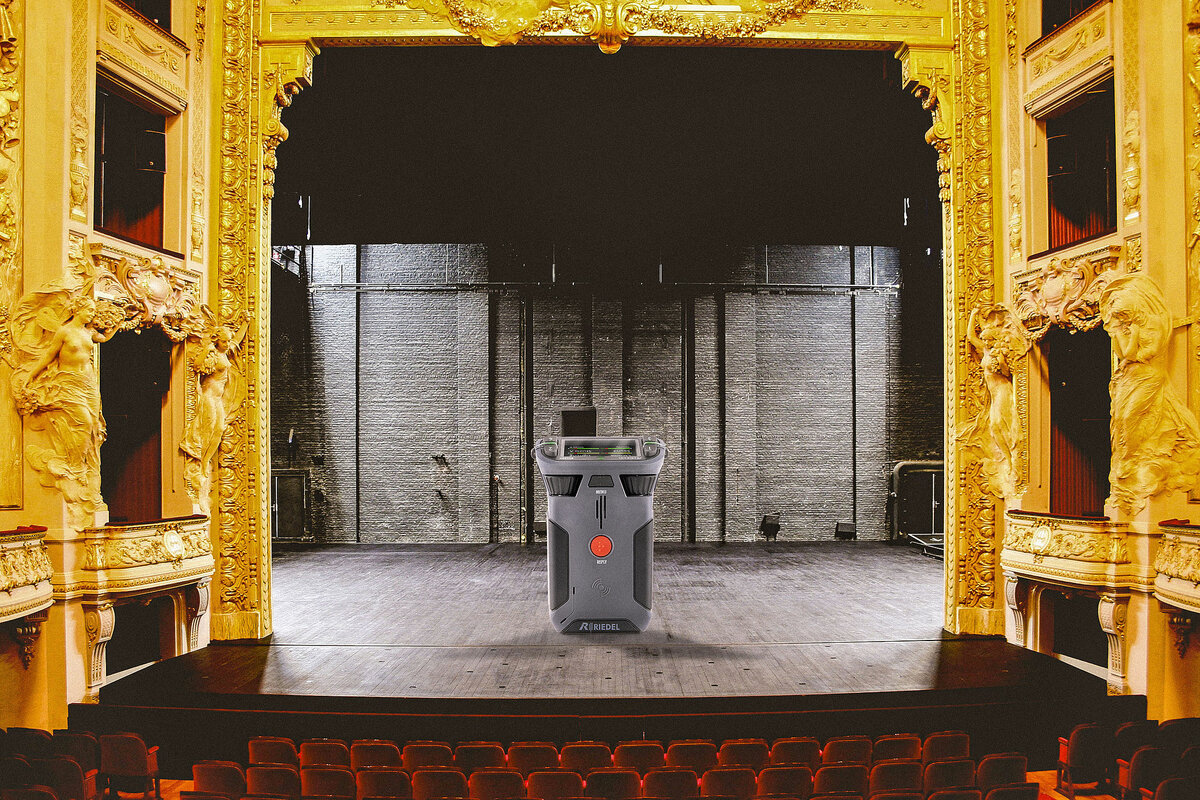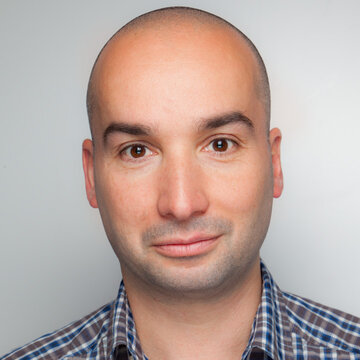Press Release
WUPPERTAL March 18, 2021
Riedel’s Bolero Provides Future-Proof Wireless Comms for Opéra de Lille in France
“Outstanding wireless communications are vital for the day-to-day operation of our theatre. When it came time to upgrade from legacy UHF technology to the state of the art, we searched for an intercom that could provide optimal functionality and minimal latency in the license-free 1.9 GHz frequency range. That led us to DECT solutions,” said Anthony Toulotte, Audio and Video Stage Manager, Opera de Lille. “Bolero was the clear winner in our deep technical analysis of DECT-based wireless solutions, which included comprehensive coverage and audio quality testing.”
The stand-alone Bolero system at the Opéra de Lille consists of 20 wireless beltpacks and seven antennas connected in a ring topology to enable full coverage of the opera house. Like many historic structures, the Opéra de Lille lacks a modern Cat7 or Cat8 infrastructure; therefore, the facility leverages Riedel’s NSA-002A Network Stream Adapter interface to facilitate bidirectional audio signal transport over RJ45 wiring.
Members of Opéra de Lille production crew appreciate the user-friendliness and robust capabilities of the Bolero beltpacks, which have made communications much easier and more efficient. While the previous system only allowed for two conferences, Bolero enables up to six channels to be designated to different user groups, such as stage, lighting, and sound.
“The Opéra de Lille project is a great example of how wireless communications play an essential role in live performance, but beyond that it’s a real showcase of the power of our Bolero system,” said Franck Berger, General Manager, Riedel France & Africa. “In addition to its extreme user friendliness and high density, with a single antenna capable of supporting 10 beltpacks, Bolero offers the industry’s most comprehensive coverage through its patented Advanced DECT Receiver technology. By reducing sensitivity to multipath RF reflections, this technology makes Bolero perfect for installations with challenging RF environments — like historic theatres.”


